LA-based S'porean actor Rayve Tay gets real on S'pore's 'fear culture' and working with Jackson Wang
While an international career in acting may seem like an impossible feat for Singaporeans, Rayve Tay loves proving people wrong.
The Singaporean, who is in his late 30s, began his performing life as the frontman of local hard rock outfit Turn The Tap, before starting his acting career with children's theater group Act 3 Theatrics.
Rayve has worked in productions across Hong Kong, Singapore and Los Angeles, where he has been living since 2019.
Recently, he starred in Jackson Wang's GBAD music video, calling the pop star a "creative genius who has a flair for visuals" and an "all round artist with a clear idea of what he wants."
"The story of the music video is about someone close to him who betrayed him in real life, and that is the character I play, so the video went viral on Xiaohongshu because people were speculating who my character was meant to be," Rayve explained to Stomp in an interview.
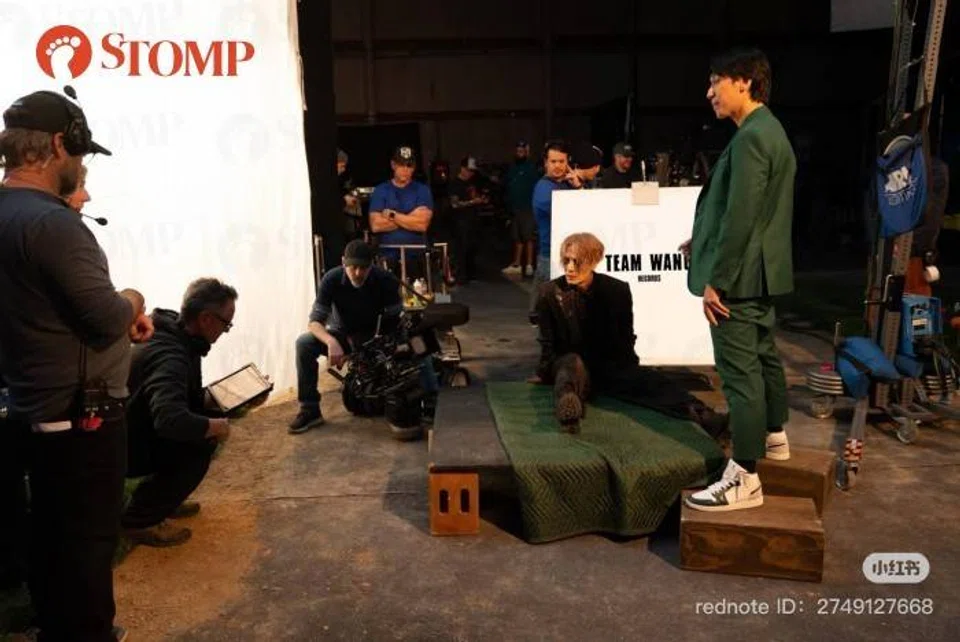
"Working together was very fun because we are both playful people."
Rayve's playfulness naturally drew him to the arts, and he graduated with a Bachelor of Arts in Musical Theatre from Lasalle College of the Arts.
"I've always been a joker, I've always loved making people laugh, and I noticed I had a talent for imitating people, so that inspired me to pursue acting."
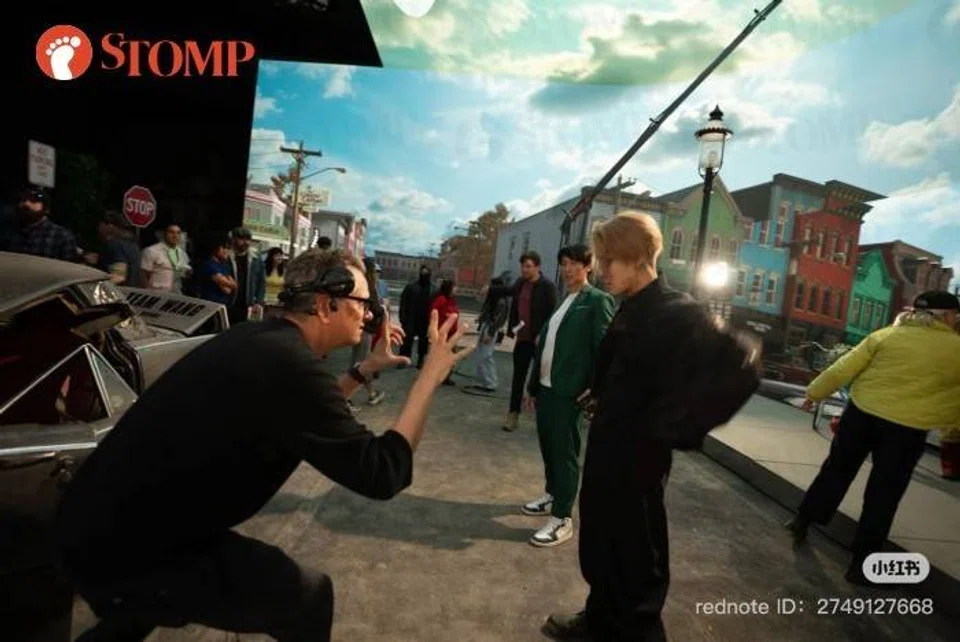
Having worked in over 100 professional productions internationally, Rayve admitted his attitude towards the profession has matured as with experience.
"If you asked me many years ago why I chose acting, I would've had a different opinion. I'd be like, 'just do it', but when parents say it's a risky career, they are correct."
"Acting is probably one of the most difficult careers in the world, because actors have a surplus of talent but the demand for them is very little."
He compared the profession to a gamble, saying, "It's a very expensive profession, you tend to put in a lot of money, time, and effort but the rewards may or may not come."
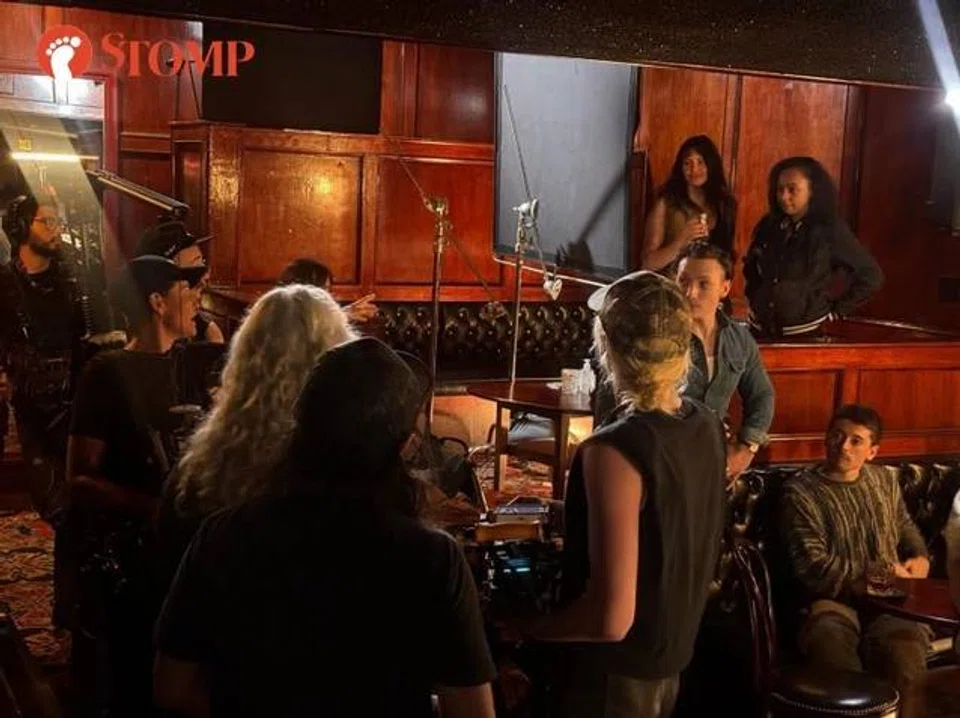
"You might have a high for some time, then be unemployed right after. You're always looking for jobs, always hustling, and on top of that you also need to train and maintain good shape."
Nevertheless, he is incredibly thankful to his parents, who are supportive of his career.
"It was actually my father who gave me the green light," Rayve reflected earnestly.
"I hope I get to make them proud of me."
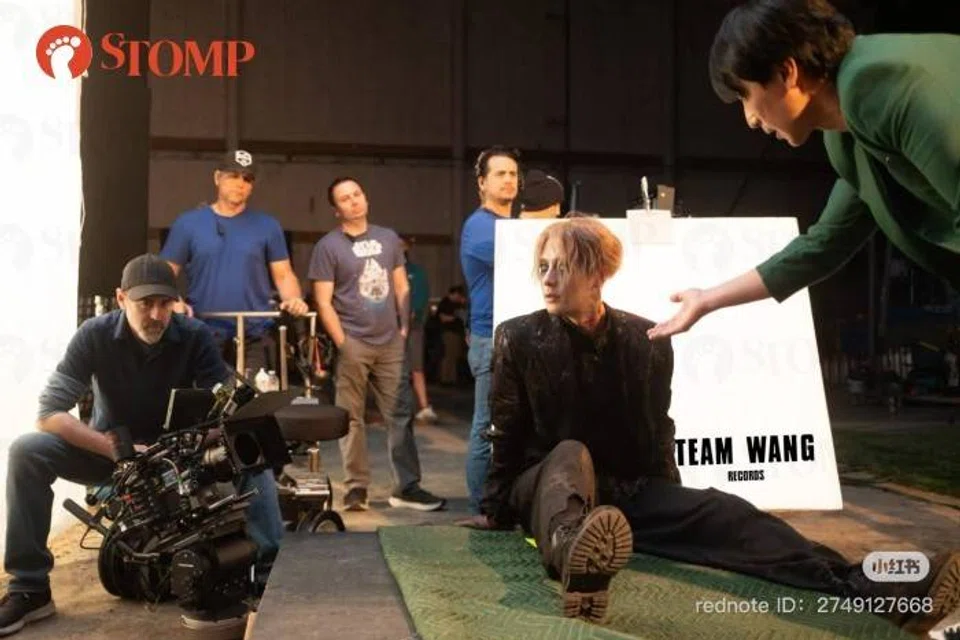
Discussing the larger local art industry as a whole, Rayve acknowledged that to the average Singaporean, it appears sparse and boring in comparison to the rest of the world, even against the rest of Southeast Asia.
"Audiences now are a lot more exposed to big budget overseas productions, and Singaporean filmmakers need the guts to do something different to captivate Singaporeans."
In Rayve's words, Singapore is an "importer of culture", where "it looks up to other countries but it is scared of producing its own material, thinking it won't be as good."
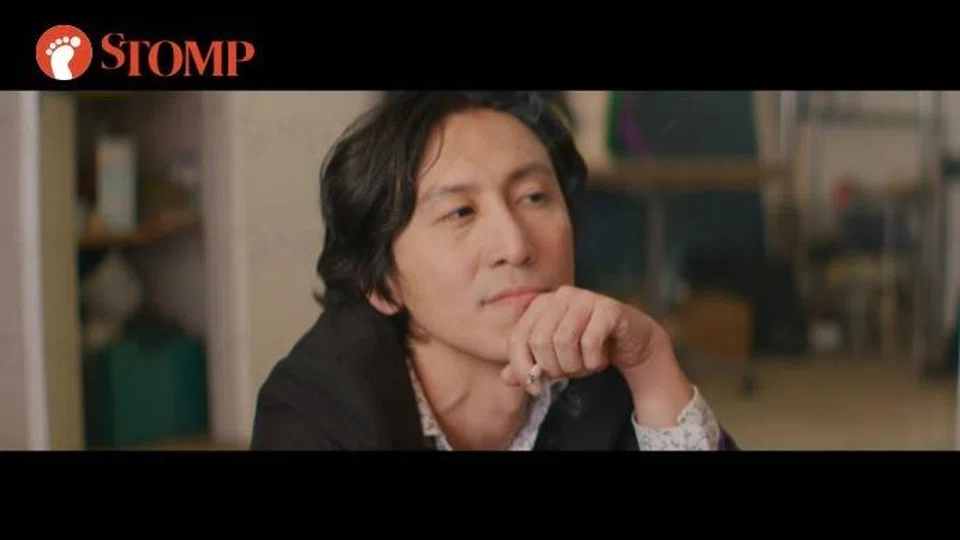
A 2020 poll by The Straits Times even found that 71 percent of Singaporeans believed artists are the most non-essential job in Singapore.
Perhaps it is easy to put the blame on local artists, and claim they make nothing of interest.
However, Rayve thinks there is a deeper issue behind why Singaporeans do not treasure their local artists.
"Singapore is a place with such great stories, but the acting belongs to the 90s," he asserted.
"Filmmakers want to seek approval from higher ups, and are too scared to do things that are exciting, so nothing really brilliant gets produced."
"Local actors are seen as untalented because of bad acting on TV, but really it's just fear and wanting to fit in, they're scared of not pleasing higher ups and then they lose creativity. They're not untalented."
He believes that Singapore has a "culture of fear" surrounding being different and that it shows in the lack of innovation in Singaporean productions.
"My mentor said, in life, you can afford to be conservative, like when it comes to spending money or dealing with dangerous things, but when it comes to art you cannot be conservative, it is the responsibility of an artist to be liberal."
According to Rayve's observations, the local entertainment industry is afraid to embrace its Singaporean roots, instead emulating what is popular in Western media.
An example of this would be in scriptwriting, where Rayve explained the scripts for local productions are written in British English, yet natural dialogue amongst Singaporeans is in Singlish, leading to awkward inauthenticity in acting.
"A lot of actors won't Singlish-ise the lines because they are afraid of being too Singaporean."
"The number one question local actors ask me is, 'Ay, how to get American accent ah?', and to that I say, why do you want one? They say, 'My English very broken, I want to speak properly,' but you can never out-American an American."
"Singaporeans need to stop thinking Singlish is broken, but rather that there's a flavour to it. If you live in Singapore, why is there an urgent need to speak like an American? It's like a bird trying to be a horse."
"I think Singaporeans are proud of their country, but at the same time there is a slight colonial mentality that whatever comes from the west is always superior to us. Thus it is the job of artists in Singapore to create something here that makes us proud of our own culture."
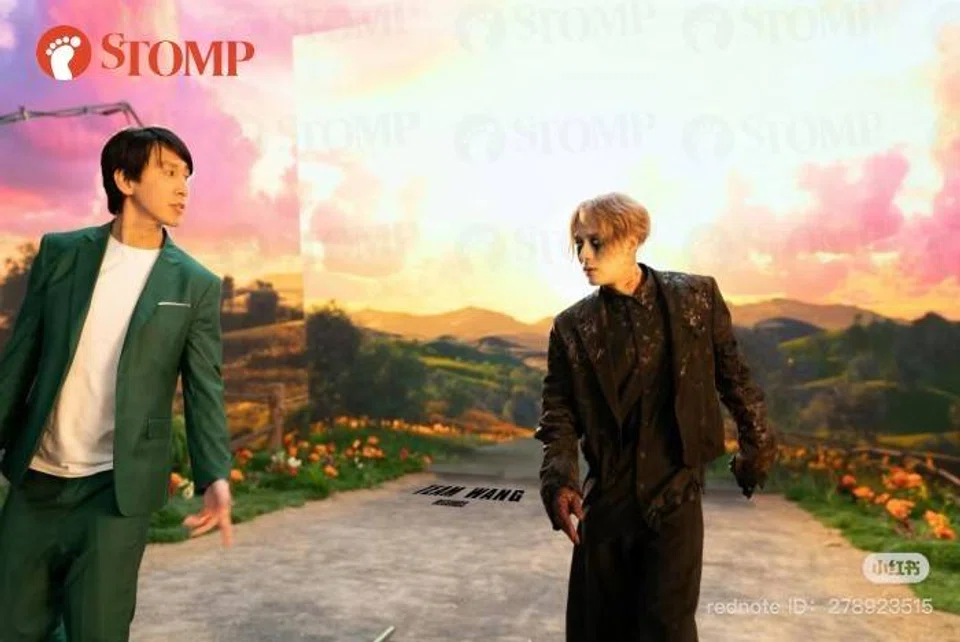
Looking towards the next decade, Rayve hopes he can produce his own films.
"I've been having a great past couple of years, I've been booked non-stop, but I will go back to Singapore often."
He hopes he can produce a film about food, as his family comes from a culinary background: "My Hainanese mother's side used to own a Kopitiam, and my Hokkien father had a famous lor mee store in Singapore, so food has been a very big part of my life."
Closing on his advice and wishes for the future of the Singapore entertainment industry, he hopes more respect is given to local entertainers.
"Local production companies are known for not paying people or paying late," he shared, desiring more professional behaviour from employers.
"For actors, it is important to have a creative backbone, the rules you create for yourself are imaginary. Your job as an artist is to purposely try to mess things up.
"All the best artists mess things up."

See something interesting? Contribute your story to us.


